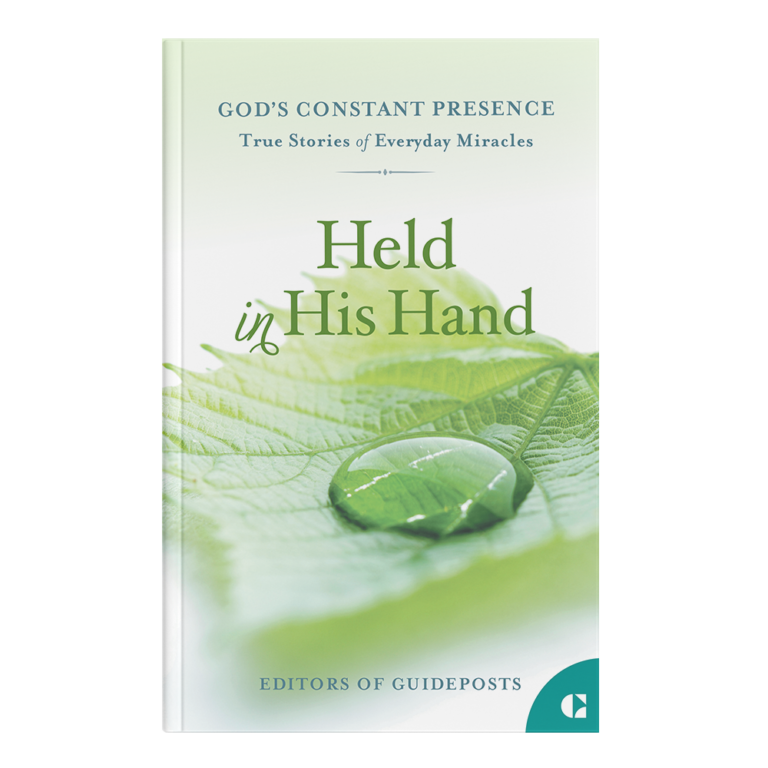We had gathered for my granddaughter Avery’s sixth birthday. My wife and I, along with our son, daughter-in-law and their two children, joined Avery, her parents and two siblings. Avery agreed to say grace over her birthday dinner.
“God, I’m sorry to wake you up,” she said, “but thank you for this food.” She went on to express her hopes for her birthday and her happiness to be celebrating with her family. After she finished, we congratulated her on a fine prayer. No one tried to correct her. Everyone recognized that a theologically “wrong” prayer can still be spiritually right, whether the person praying is six or ninety-six.
We often get hung up on finding the most appropriate words to pray, but if “the Lord looks at the heart” (1 Samuel 16:7 NIV), then praying badly is a lot harder than we think. As Jesus said, “Your Father knows what you need before you ask him” (Matthew 6:8 NIV), so we can relax and tell God what is truly in our hearts, even if the words that come to us feel less than perfect.
When you’ve stumbled
The New Testament writer promised, “If we confess our sins, he is faithful and just and will forgive us our sins and purify us from all unrighteousness” (1 John 1:9 NIV). He drew a straight line from confession to forgiveness and cleansing. He didn’t say that we need to plead or beg or cajole. He didn’t prescribe a formula for us to follow. He said: We confess; God forgives.
However you say it—“I’m sorry,” “I messed up,” “I blew it,” “I sinned”—God will hear and forgive and restore you.
When you’re angry
It’s easy to say the wrong thing when we’re angry. But if the prayers of the Bible are any indication, we can tell God what’s really on our minds even when we’re mad. “The Lord knows people’s thoughts” (Psalm 94:11 NLT), so we might as well let it all out. Whether it’s anger at yourself, circumstances, other people (or even God), who better to tell it to than the God who created you and loves you? So go ahead. Pray your anger—after all, it’s hard to pray through your anger if you won’t express your anger.
When you have no words
Sometimes we’re so frustrated, overwhelmed or burdened that we can’t convey what we’re thinking or feeling. Even then, it’s hard to pray badly: “We do not know what we ought to pray for, but the Spirit himself intercedes for us through wordless groans. And he who searches our hearts knows the mind of the Spirit, because the Spirit intercedes for God’s people in accordance with the will of God” (Romans 8:26–27 NIV). Your grunts and groans, your sighs and even your tears are translated into prayer by the Spirit of God.
Prayer is a gift made even more precious by the knowledge that even when our prayers feel wrong, they can still be right because our Father sees our hearts and receives our prayers with his boundless mercy, grace and love.
For more inspiring stories, subscribe to Guideposts magazine.






